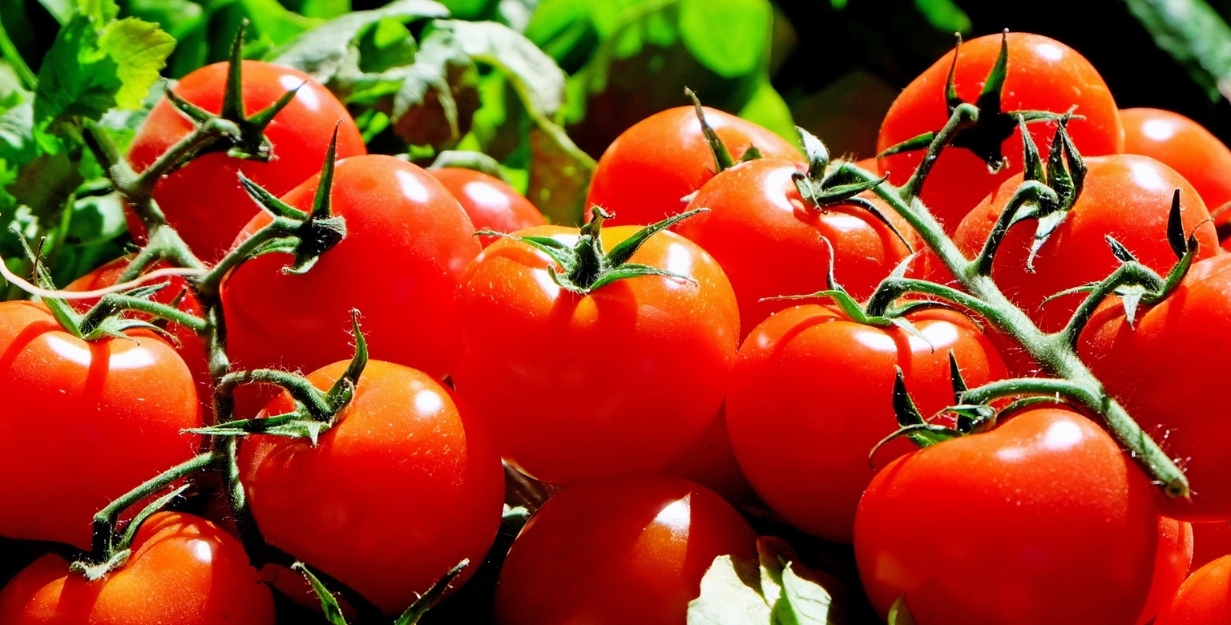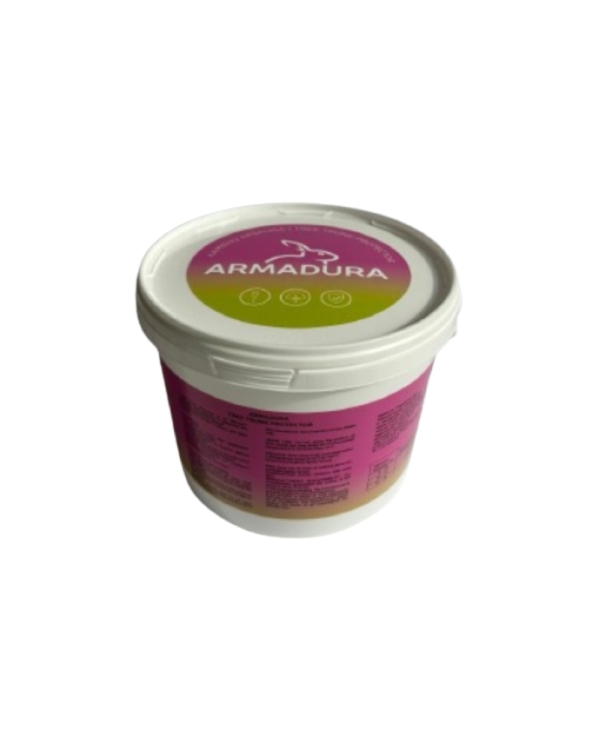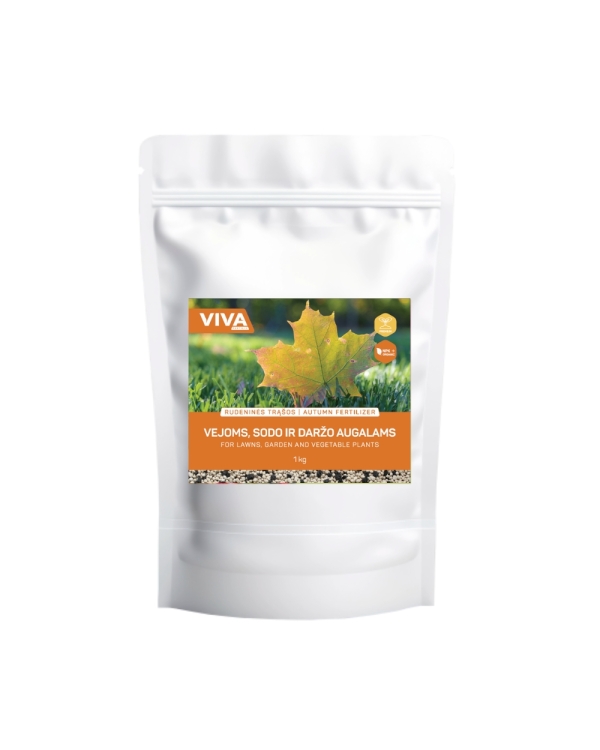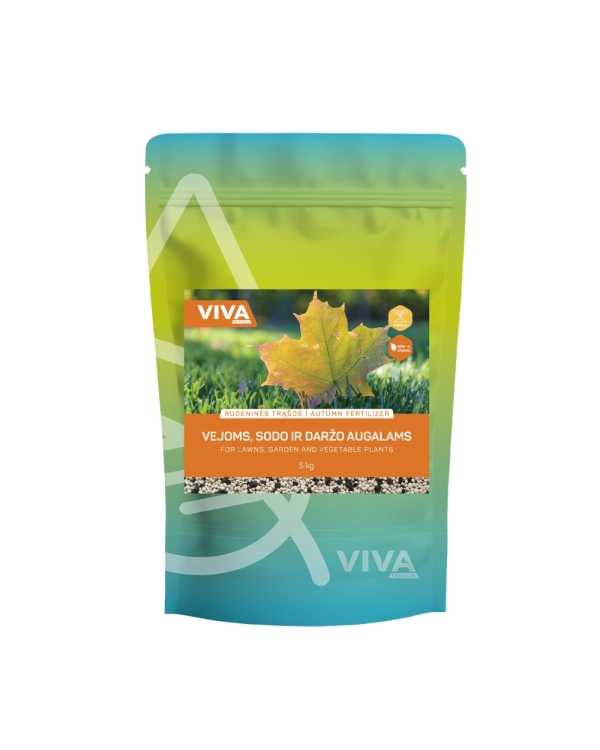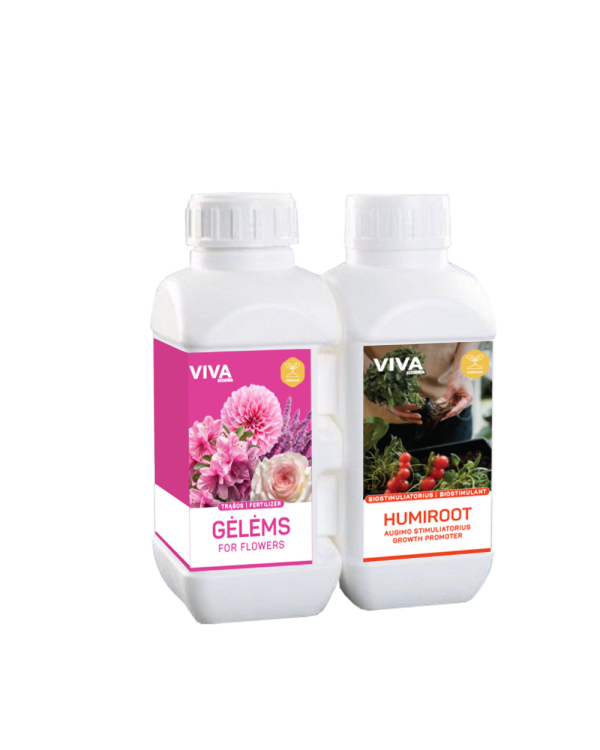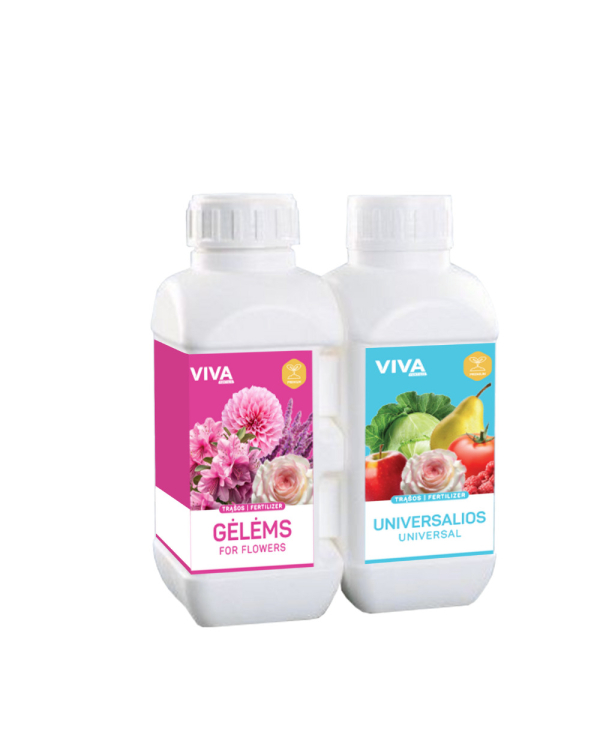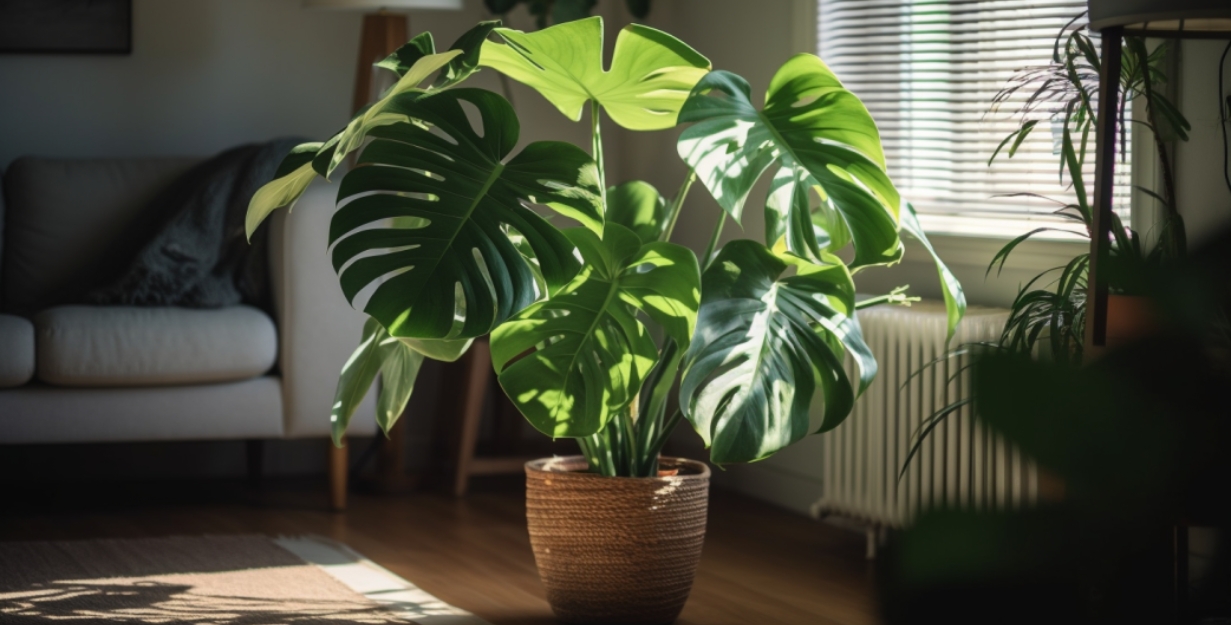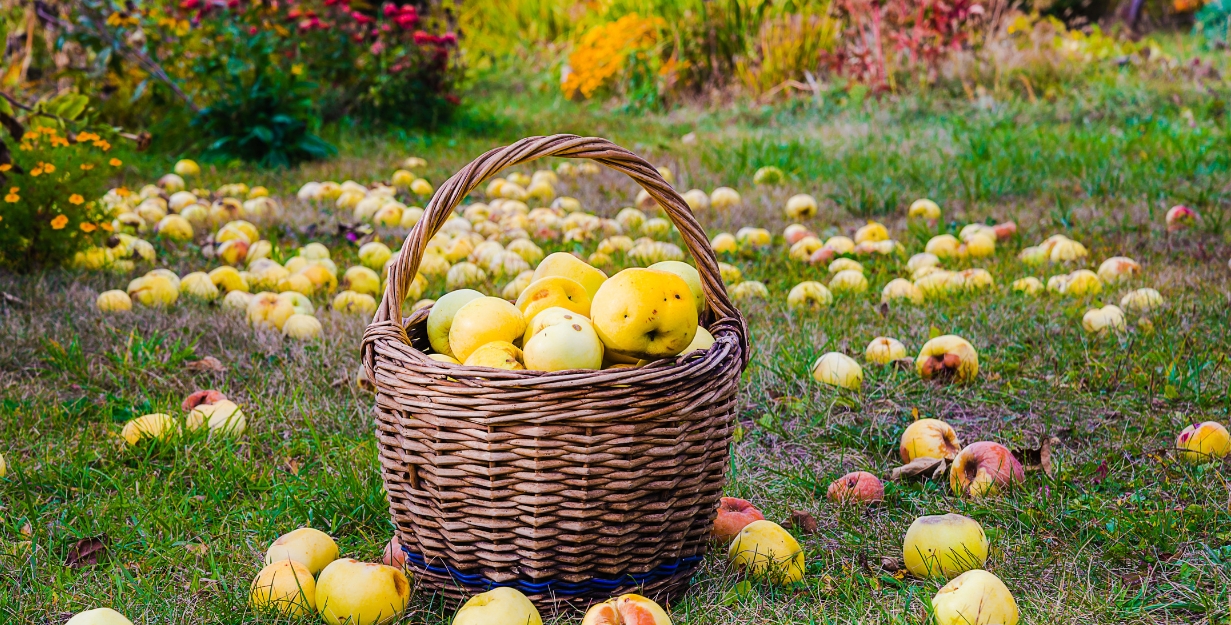Tomatoes are among the most popular and sensitive vegetables in gardens and greenhouses. To ensure they grow healthy, bloom abundantly, and produce high-quality yields, it’s essential to provide them with complete and balanced nutrition. Tomatoes grow rapidly and have a long fruiting period, so without proper fertilization, nutrient deficiencies become apparent quickly. It’s important not only to choose the right fertilizers but also to recognize deficiency symptoms in time.
Which nutrients are most important for tomatoes?
- Nitrogen – promotes the growth of leaves, stems, and roots. A nitrogen deficiency causes yellowing of lower leaves and stunted growth.
- Phosphorus – essential for root development and fruit formation. Deficiency appears as a purple tint on the leaves.
- Potassium – ensures fruit quality and enhances plant resistance to stress. Deficiency causes leaf edges to dry out, and fruits may remain small.
- Magnesium – important for chlorophyll synthesis. Deficiency shows as interveinal chlorosis (yellowing between leaf veins).
- Sulfur – required for protein synthesis and supports plant metabolism.
- Micronutrients – boron (B) and zinc (Zn) are important for growth regulation and flower and fruit formation.
How to recognize nutrient deficiencies?
Tomatoes clearly show signs of nutrient deficiency:
- Pale, yellowing, or spotted leaves
- Slow growth, poor flowering, or flower drop
- Irregular or deformed fruit development
- Dark, sunken spots on the blossom end of fruits – a sign of calcium or boron deficiency
What do we recommend using?
To ensure complete nutrition for tomatoes, we recommend using granular fertilizers specifically formulated for tomatoes, peppers, and aubergines.
These fertilizers are chlorine-free, making them safe even for sensitive plants. Their high potassium content ensures fruit quality, phosphorus supports flowering and fruit setting, and the blend of magnesium, sulfur, and micronutrients provides balanced plant nutrition.
When and how to use?
The recommended application rate for tomatoes is 60 g/m² every 2–3 weeks throughout the growing season. Spread the fertilizer evenly around the base of the plants, and water thoroughly during dry periods.
Fertilization is an essential part of tomato care. Even in fertile soil, plants cannot reach their full fruiting potential without additional nutrition. By using specially designed granular fertilizers, you can prevent nutrient deficiencies and grow healthy, productive plants—whether in greenhouses or open fields.
Learn more: Granular fertilizer for tomatoes, peppers and aubergines >>
our top products
#vivafertis
in our blog
in our blog


